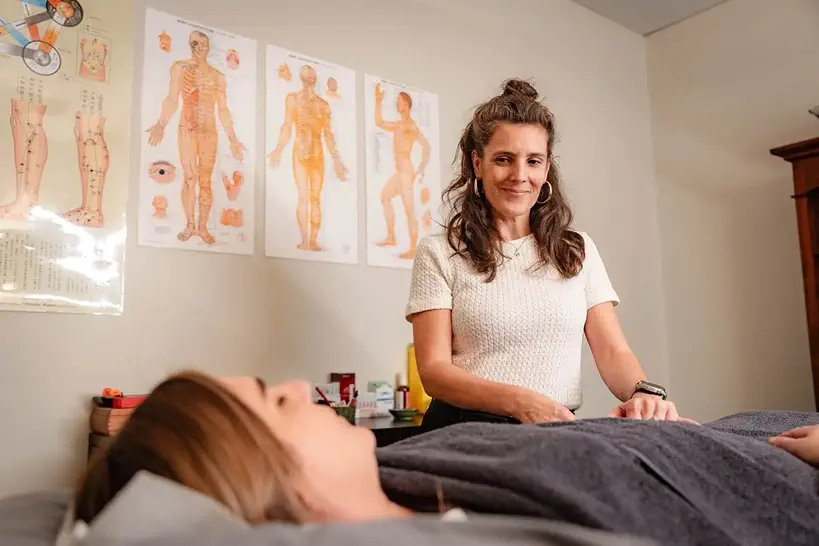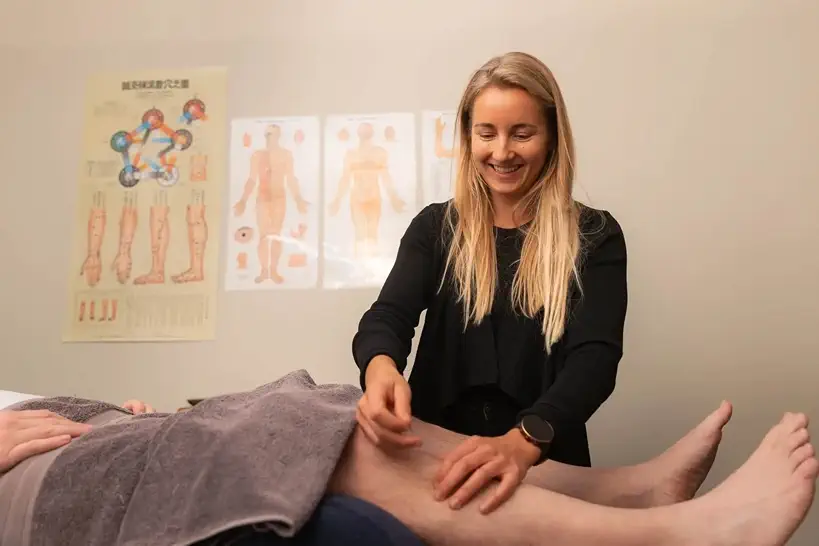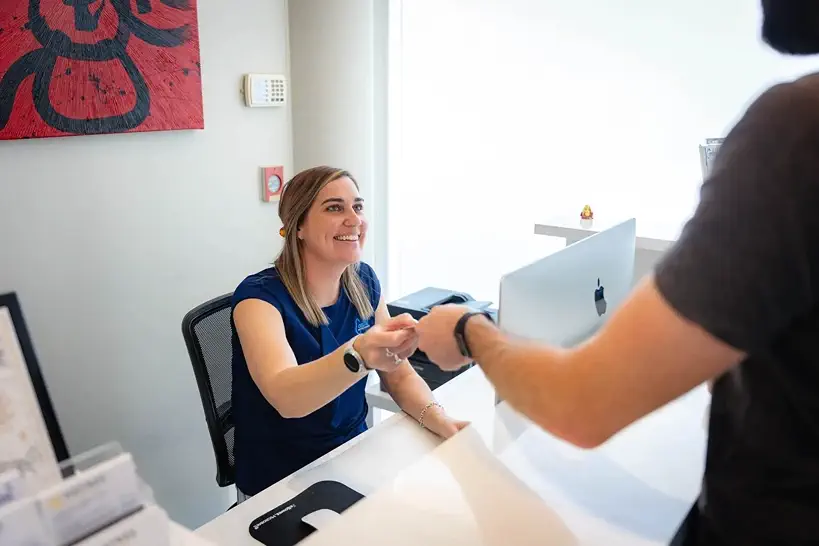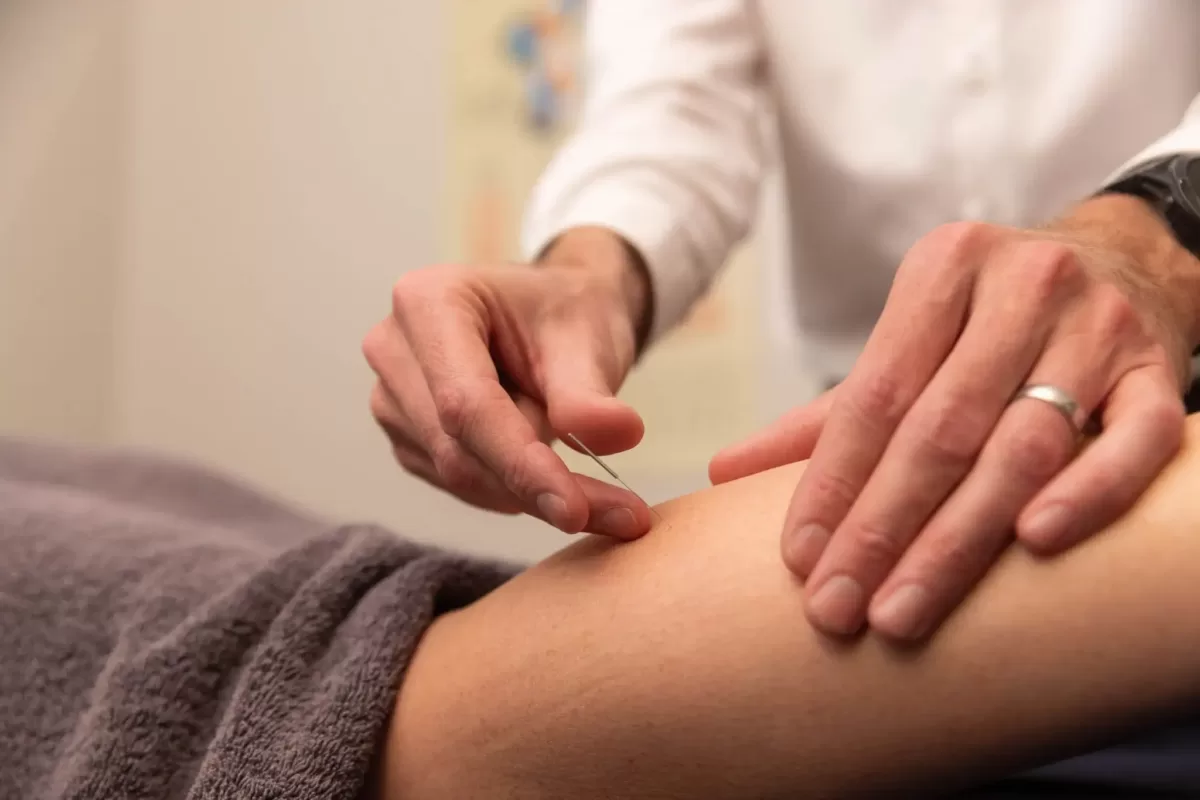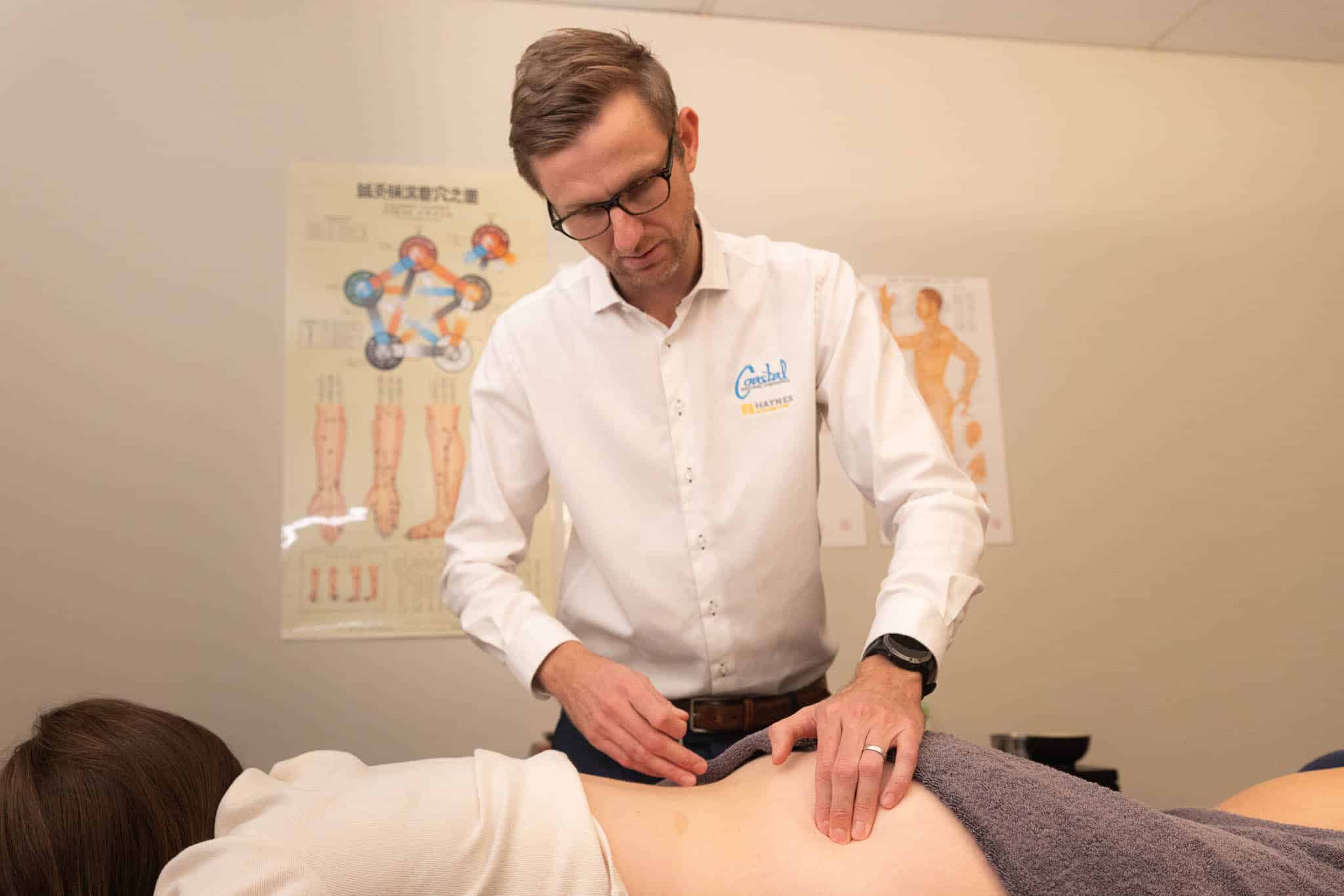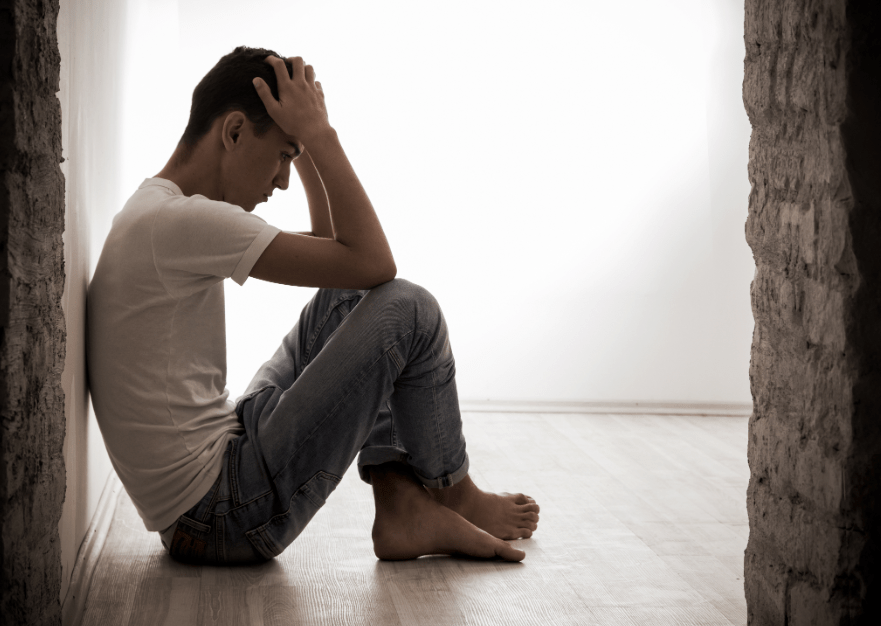JAPANESE ACUPUNCTURE
Haynes Acupuncture Gold Coast
Passionate about delivering the best results possible
At Haynes Gold Coast Acupuncture we utilise the teachings of ancient Chinese medicine that are more than 5,000 years old. The effectiveness of acupuncture has been demonstrated through centuries of practice, proven in clinical trials, and validated by scientific research.
Similar to western doctors who monitor blood flow and nervous system messages, acupuncturists evaluate the movement of Qi energy. Qi is the life force that flows through the body and it is often suppressed or blocked where there is an imbalance or contradiction.
Acupuncture focuses on removing blockages to restore the flow of Qi life energy through specific pathways called meridians or channels. It works by inserting ultra thin needles a few millimeters into the skin at specific points along these meridians, which creates change by stimulating the body’s natural healing response.
Initial responses to our Gold Coast acupuncture treatments include improvements in sleep, digestion, and energy levels. Individual outcomes vary, with some clients experiencing rapid changes while others observe gradual progress. We’ve helped thousands of clients and we would love to help you. Contact us to have your questions answered or to book an appointment.
Pathway To Infinite Health
Treatments that dynamically evolve with you
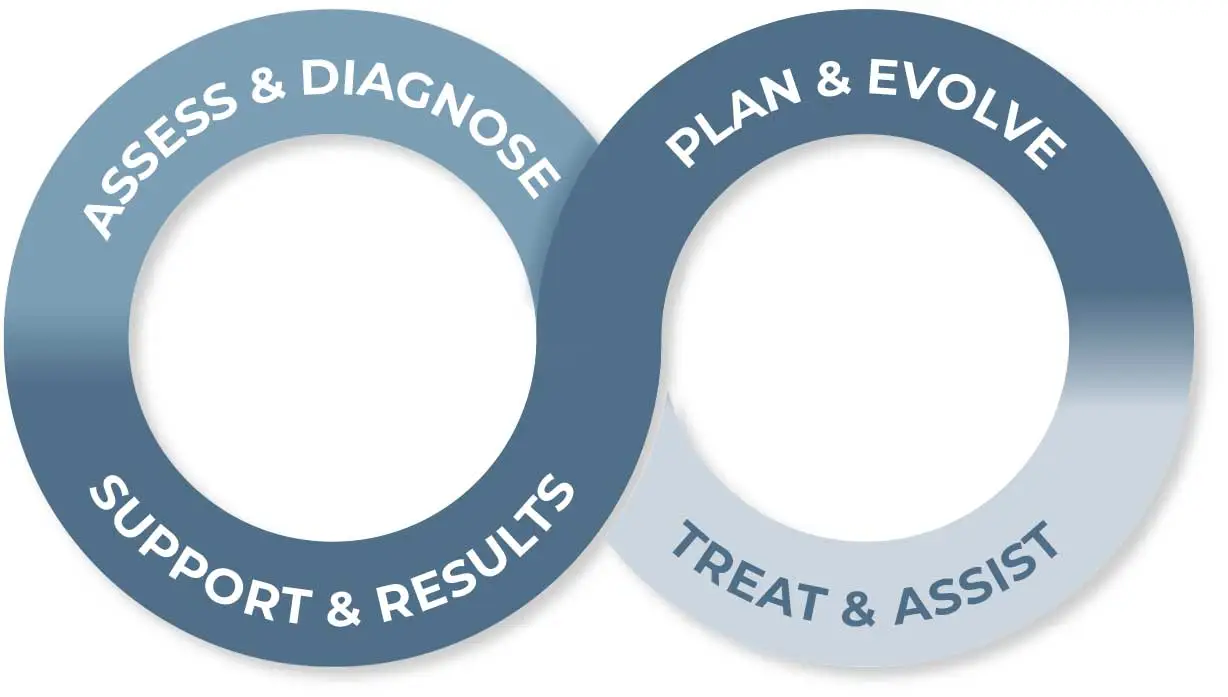
Can Acupuncture Help Me?
We pride ourselves on getting results where others have failed
Gold Coast Acupuncturist
Book a first class treatment with a world class practitioner
FAQs About Acupuncture
If you can’t find the answer you’re looking for call 07 5531 6461
There are many peer-reviewed studies available that show the effectiveness of Acupuncture in treating certain ailments. At Haynes Acupuncture, we have had great success helping our patients dramatically improve their health.
The cost is $118 with David Haynes or $108 with one of our other experienced practitioners; follow-up treatments are $10 less. Your treatment may include Acupuncture, cupping, moxibustion and herbal medicine prescription. You may also be given lifestyle advice, exercises or dietary changes recommended for recovery.
If you have ‘extras’ covered, including Chinese Medicine or Acupuncture as part of your private health insurance, you may be able to claim a portion of the treatment costs. We have the HICAPS facility, so you can claim on the spot and only pay the remaining gap. The claim varies with each insurer and individual policy.
Your first visit starts with a consultation and history taking. We ask about your medical history, main complaint, and other aspects of your health and lifestyle that may affect your treatment and recovery. Our practitioners will also take your pulse and sometimes check your tongue. Both are unique to Chinese medicine and invaluable in our diagnosis. Your practitioner will offer you a treatment plan so you know what we recommend to work towards reaching your health goals! Treatment will follow the consultation in your first session.
You can usually get on with your normal routine after your treatment. Your healing rate may benefit from a change in your way, such as rest, so check with us for more specific advice.
Many of our patients describe their treatment as very relaxing. When the needles are inserted, you may feel a slight prick, but the needles are very fine (nothing like what you get at the doctor) you may not feel much at all.
Results can vary depending on several factors, for example, how long you have had your condition, how severe your condition is and how quickly you respond to Acupuncture. The great news is that your practitioner will recommend a specific treatment plan on your first treatment after diagnosis. That way, you know exactly how many treatments to expect.
Typically, the longer you have had the condition, the longer the course of treatment will be before you experience substantial or lasting effects. Acupuncture can be done as often as five times a week or as little as once a month. Each individual is different, and the results are specific to the individual. Once your health goals have been reached, we suggest Acupuncture maintenance treatment, which may only be two or three times a year. Much like a car service, just to keep you on track!
Gold Coast Acupuncture Treatments
Treatments for just about every condition imaginable
Interesting Articles Related To Acupuncture
If you like these articles send an email to join our mailing list



